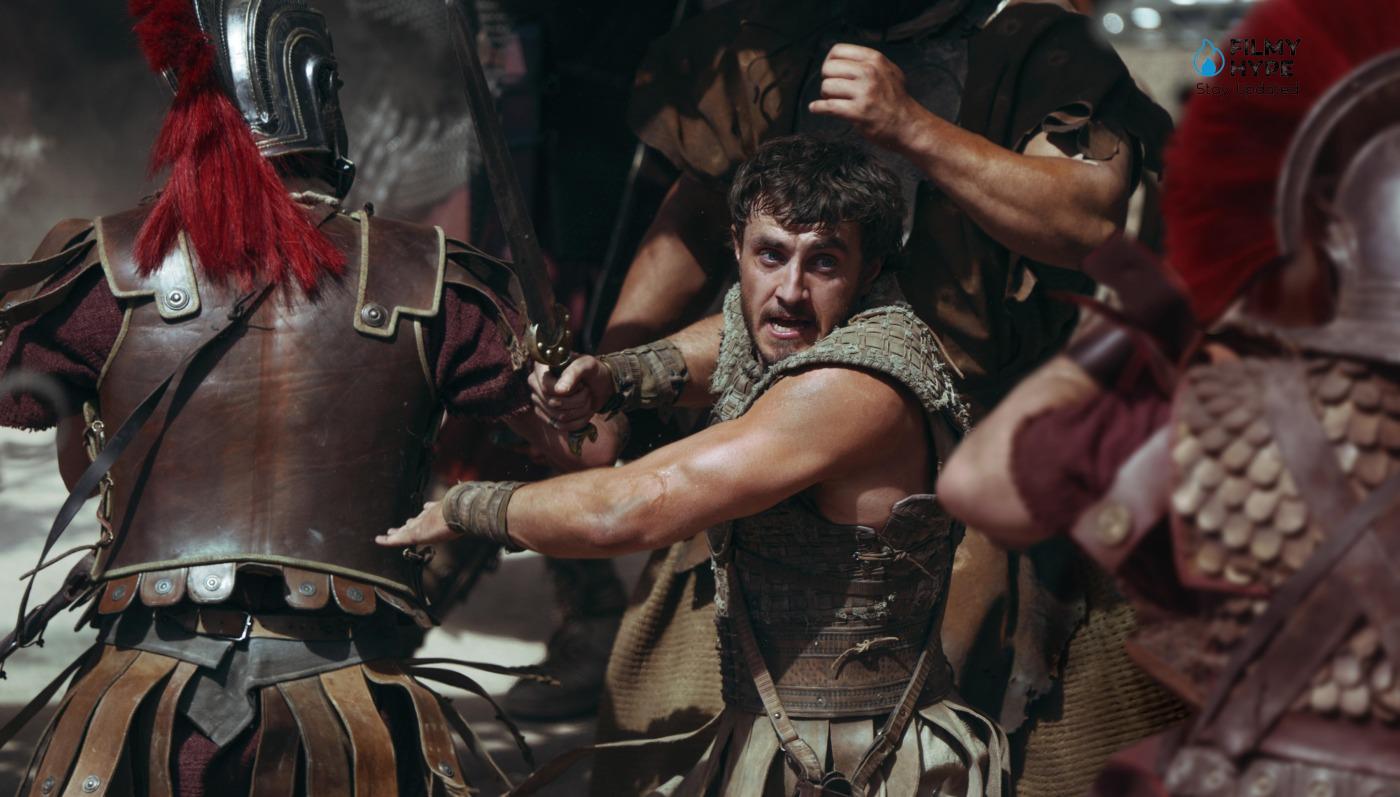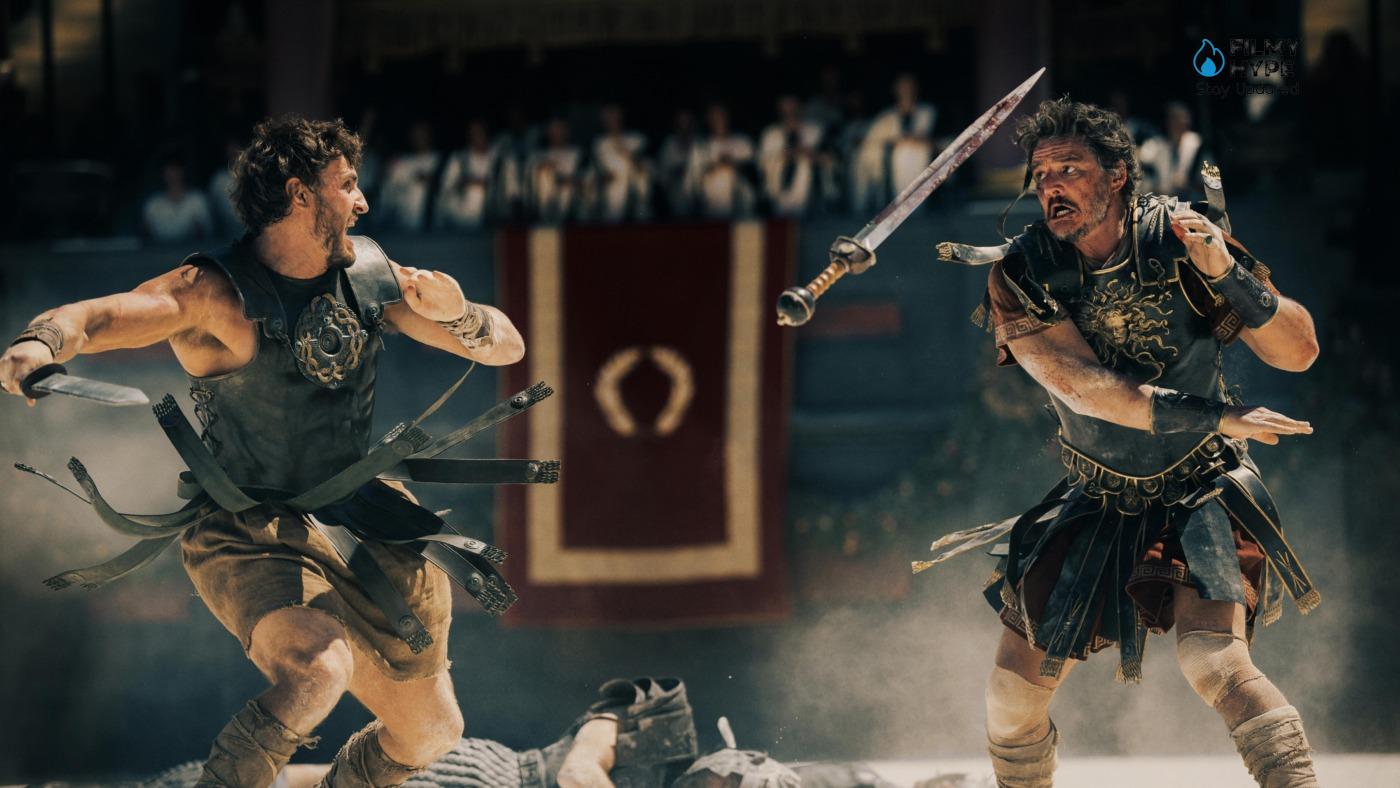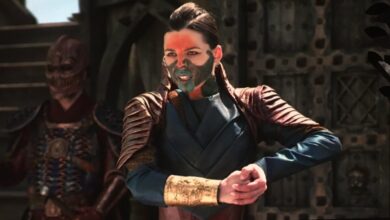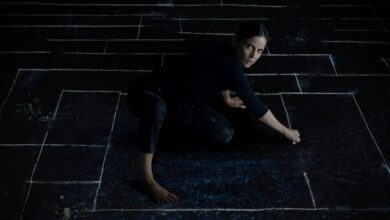Gladiator 2 Ending Explained: What Happened to Lucius and What Can We Expect in the Third Film of the Saga?
Gladiator 2 Ending Explained: Gladiator 2 is finally in theaters almost 25 years after the release of the first film, which has become iconic, in which Russell Crowe played Maximus Decimus Meridius. The sequel, directed by Ridley Scott, follows Lucius Verus (Paul Mescal) – already seen as a boy in the Gladiator played by Spencer Treat Clark – who returns to Rome as a slave to fight in the Colosseum arena as a gladiator. Scott creates a spectacular film, where the action of the fights is intertwined with a political plot centered on the characters of Macrino (Denzel Washington) and Acacius (Pedro Pascal), among the power games and intrigues of a Rome in disarray governed by the mad emperors Geta and Caracalla (Joseph Quinn and Fred Hechinger). But how does Gladiator 2 end? Let’s go over the steps of the ending in our explanation.

It is worth noting that the plot of the film takes place 16 years after “Gladiator” (2000), the outstanding original film starring Russell Crowe that won 5 Oscars. This time, we approach the story of Lucius (Paul Mescal), the son of Lucilla (Connie Nielsen) and Maximus, who lives quietly next to his wife. However, when Roman soldiers led by General Acacius (Pedro Pascal) invade his city, the man is enslaved and his whole world is shattered. Eventually, he is purchased by a former slave named Macrinus (Denzel Washington) to become one of his gladiators as he plots to overthrow the young emperors Caracalla (Fred Hechinger) and Geta (Joseph Quinn). So, with rage in his heart and the future of the Empire at stake, Lucius must look to his past to find the strength and honor to restore Rome‘s glory to its people.
Gladiator 2 Ending Explained: What Happened to Lucius and What Can We Expect in the Third Film of the Saga?
After surviving several battles in the Colosseum, Lucius – who we learned is the son of Lucilla (Connie Nielsen) and Maximus, was sent away from Rome by his mother who feared that the discovery of his true identity could put him in danger after his father’s death – has the opportunity to have his revenge against General Acacius. Acacius, Lucilla’s husband, is the one who conquered Numidia, the land where Lucius grew up and found the love of his wife Arishat, who died in the battle led by the general. The opportunity comes after the ambitious Macrinus revealed Acacius’ plan to rebel against the power of the emperors. Acacius asks Lucius for mercy in the name of the respect and admiration he felt for Maximus and to not force Lucilla to watch one of them die in the clash. Lucius, faced with Acacius’ true value, gives up on revenge but the emperors order the archers to kill the general.

At this point, Lucius abandons all plans for revenge, even against his mother, but Lucilla is also destined to meet her death as part of Acacius’ plans. Macrinus has manipulated Caracalla, leading him to behead Geta, and with this move, as the emperor’s second advisor, he now has more power than the entire Senate. It is at this point that we learn of the ambitious plans of Macrinus, a former slave of Marcus Aurelius who had sworn to himself that one day he would rule the empire that once held him in chains. Caracalla and Macrinus order that Lucilla and the other conspirators be sent to the arena for a fight in which their fate will be in the hands of Lucius alone, the only defender against the Praetorian Guards.
Macrinus takes advantage of the tumult and confusion that reigns in the Colosseum to kill Caracalla, now the only obstacle to his conquest of power, and also kills Lucilla by shooting an arrow. Chaos reigns in Rome, with the Praetorians loyal to Macrinus and Acacius’ army having identified Lucius as the new leader. In this scenario, at the end of Gladiator 2, the decisive battle between Macrinus and Lucius takes place, with the latter triumphing. Lucius makes a speech to the Praetorians and the army, inviting them to follow in the footsteps of his father Maximus, allowing the dream of Rome to be fulfilled with power back in the hands of the people. Rome has a new prince, and the film ends with Lucius, in the empty arena of the Colosseum, mourning the death of Lucilla and Maximus.
What Happens to Lucius and the Other Characters?
In the climax of Gladiator 2, Lucius, after discovering that his mother Lucilla (Connie Nielsen) sent him away to protect him, faces the intrigues of the emperors Caracalla (Joseph Quinn) and Geta (Fred Hechinger), as well as the Machiavellian Macrinus (Denzel Washington). Lucilla attempts to save her son with the help of her husband, Marcus Acacius (Pedro Pascal), but they are betrayed and arrested. Lucius and Marcus meet at the Colosseum, where Lucius decides to spare Marcus, proving his humanity. However, the emperors order Marcus’ execution, sparking riots in Rome by showing the cruelty of the government.
In a power twist, Macrinus manipulates Geta into assassinating Caracalla, consolidating his influence. He subsequently plans to publicly execute Lucilla and forces Lucius to be the executioner, but Lucius organizes a riot, freeing the gladiators and confronting the guards. Despite her efforts, Lucilla is killed by an arrow shot by Macrinus. In the final battle, Lucius kills Macrinus in a clash near the gates of Rome. Lucius leads his army into Rome, taking the city under his command. In the last scene, he pays homage to his father by touching the sand of the Colosseum, evoking the memory of Maximus and his sacrifice. The film closes with a visual reference to the iconic “wheat field” of the afterlife, with Maximus’ hand depicted in a symbolic gesture of spiritual connection.
Why Did Lucilla send Lucius Away?
In a flashback, it is shown that after Maximus’ death, Lucilla decided to send Lucius away from Rome to protect him, fearing that his family’s enemies would make him a target. Although she intended to save him, this decision left a deep emotional wound in Lucius, who grew up estranged from his mother and resentful towards her.
The Fall of the Emperors: Betrayal and Chaos in Rome
The film depicts the collapse of imperial leadership. Geta, under the manipulation of Macrinus, assassinates his brother, Caracalla, consolidating political chaos. Macrinus, taking advantage of the situation, tries to establish himself as a figure of absolute power, but his excessive ambition leads him to underestimate Lucius, who organizes a rebellion that culminates in the fall of Macrinus and the liberation of Rome.
The legacy of Maximus and the “Dream of Rome”
Lucius honors his father’s memory not only by taking up his armor and fighting as a gladiator but also by adopting his ideals. In the end, his speech to the troops reflects the “dream of Rome”: a vision of justice, honor, and unity, seeking to transcend the brutality and corruption that have marked the Empire.
Conclusion of “Gladiator 2”
Gladiator 2 closes with a message of hope and sacrifice, showing how Lucius manages to overcome the shadows of his past and the weight of his lineage. The film is both a tribute to Maximus and a statement about the power of legacy and resilience. With an epic ending that mixes tragedy and redemption, Ridley Scott delivers a sequel worthy of its predecessor, while leaving open the possibility of continuing to explore the “Roman dream” in the future.
Gladiator 2 closes with a message of hope and sacrifice, showing how Lucius manages to overcome the shadows of his past and the weight of his lineage. The film is both a tribute to Maximus and a statement about the power of legacy and resilience. With an epic ending that mixes tragedy and redemption, Ridley Scott delivers a sequel worthy of its predecessor, while leaving open the possibility of continuing to explore the “Roman dream” in the future.
Will There Be a Gladiator 3?
Although Gladiator 3 hasn’t been officially announced, Ridley Scott has already expressed his interest in continuing the saga. In recent statements, the director confirmed that he has begun developing a script, with “eight solid pages” outlining the future of the story. With the end of Gladiator 2 leaving Lucius as a central figure in Rome and an open narrative to explore the challenges of leading under the “Roman dream,” there are many possibilities for a third installment that could consolidate this epic trilogy.






